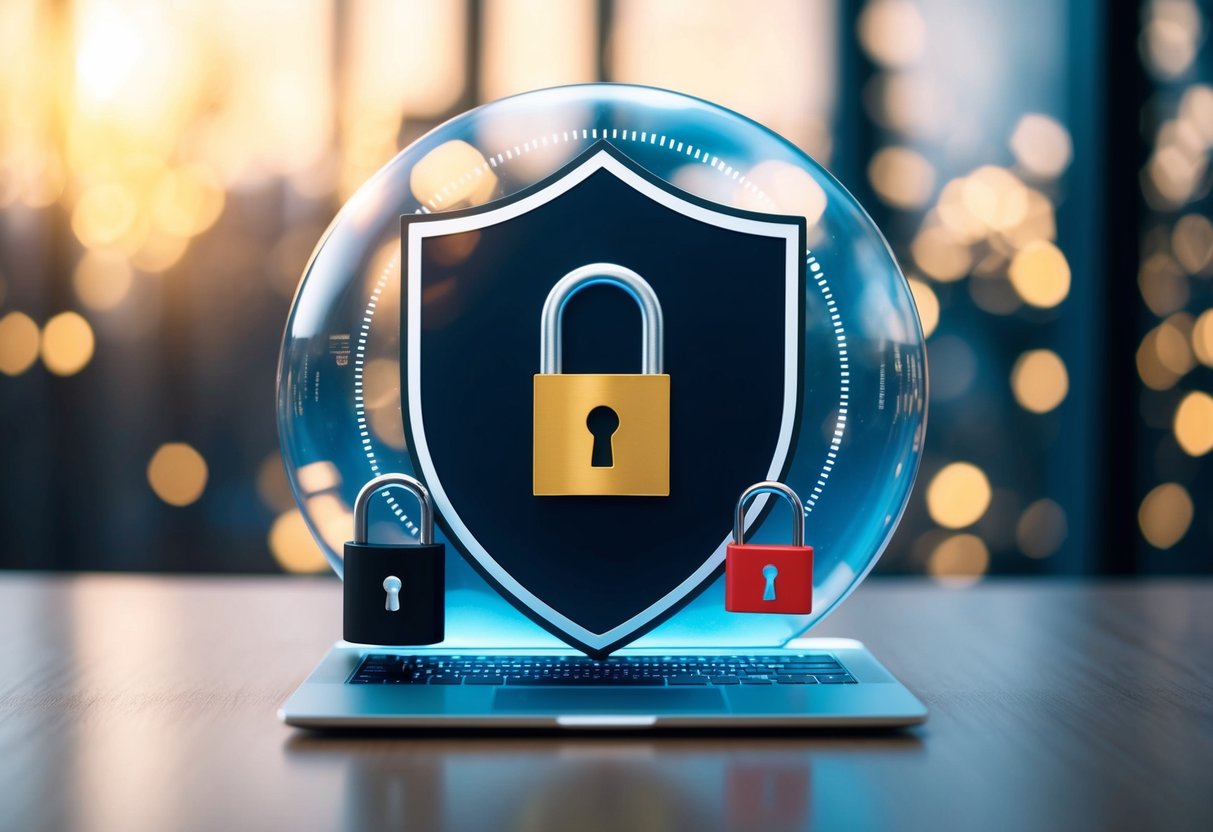
In an age where digital footprints expand with every online interaction, personal information often becomes vulnerable to prying eyes. Protecting online privacy is crucial to maintaining control over one’s identity and personal details. Many people are unaware of how much of their information is accessible to marketers, hackers, and other entities.
By staying vigilant and employing effective privacy measures, individuals can shield their data from unwanted access. Simple habits like setting strong, unique passwords and regularly updating software can significantly reduce risk. Using virtual private networks (VPNs) adds an extra layer of security, masking one’s online activity from potential threats.
Those who prioritize their online privacy benefit from enhanced security and peace of mind, knowing their personal information is safeguarded. It’s essential for individuals to become proactive in understanding the tools and practices available to protect their digital identity. Educating oneself on these strategies not only guards against cyber threats but also fortifies one’s presence in an increasingly connected world.
Understanding Online Privacy and Personal Information
Online privacy and the protection of personal information have become essential in today’s digital age. People encounter these concepts daily when interacting with the internet, making it crucial to recognize what they entail.
Defining Privacy and Personal Data
Privacy online relates to an individual’s capacity to control what personal information is shared and with whom. Personal data includes details that identify individuals, such as names, email addresses, and phone numbers. Beyond mere identifiers, it also encompasses preferences, online habits, and geographical locations.
Companies often collect this data to improve user experiences or tailor advertising. Data privacy, meanwhile, focuses on safeguarding this information from unauthorized access. Laws and regulations like GDPR highlight the importance of treating such data responsibly. Each person must be vigilant about the data they share, understanding what constitutes consent and how organizations might utilize the information.
The Importance of Digital Security
Digital security ensures that personal information remains protected from breaches and cyber threats. Cybercriminals frequently target individuals and organizations, seeking vulnerabilities in systems to exploit. Maintaining robust security measures, such as using reliable passwords and enabling two-factor authentication, contributes significantly to protection efforts.
Individuals can safeguard their data by limiting the use of public Wi-Fi networks, which are often less secure. Regular software updates further help in fortifying defenses against potential vulnerabilities. Companies are equally responsible, employing encryption and other security measures to protect stored information. Awareness of privacy settings on social media platforms also plays a vital role in minimizing risks.
Risks to Privacy Online
Online privacy is increasingly at risk due to a variety of cyber threats that compromise personal data. Understanding these risks can help individuals take measures to protect their information and maintain their privacy in the digital landscape.
Common Types of Cyber Threats
Cyber threats pose significant risks to personal privacy. Phishing attacks are one prevalent form, where attackers trick users into providing sensitive information by masquerading as trustworthy entities. Another common threat involves malware, which can infiltrate devices to steal or alter data. Hackers often exploit vulnerabilities in software or systems to gain unauthorized access. Social engineering attacks manipulate individuals into divulging confidential details, often through deceitful interactions. Each of these threats can compromise personal information and lead to privacy breaches.